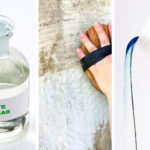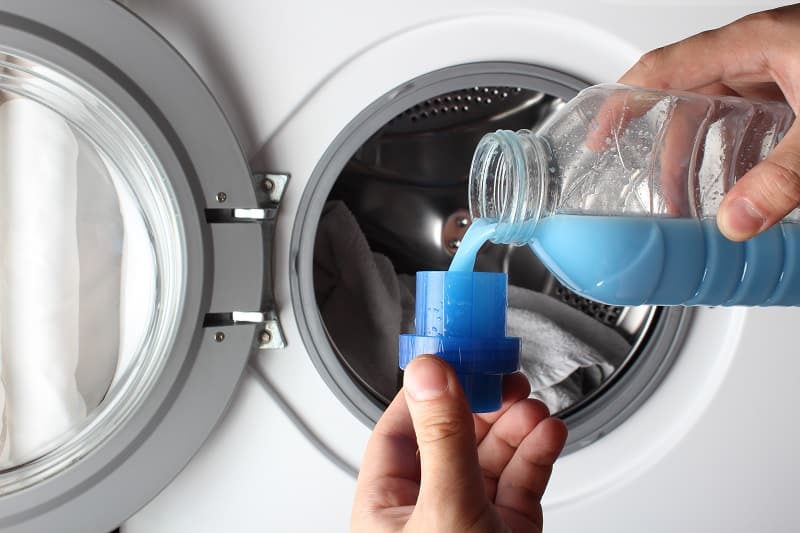Have you ever wondered if there is silicone in fabric softener? You’re not alone!
A lot of people are curious about the ingredients in their favourite products. Here we’ll explore what silicone is, whether it’s found in fabric softener, and what the potential risks are if it is. So, keep reading to learn more!
Is There Silicone in Fabric Softener?
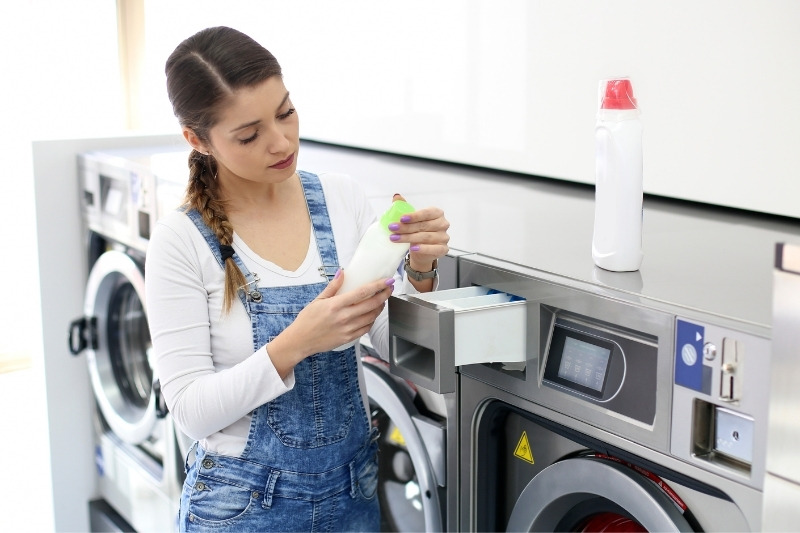
If you’ve ever used fabric softener, you know that it can make your clothes feel softer and smell fresher. But have you ever wondered what’s actually in fabric softener?
Some common ingredients include chemicals like ethyl alcohol and chloroform, as well as fragrances and colourants. But one ingredient that may surprise you is silicone.
Silicone is a synthetic polymer that is used in a variety of industrial and consumer products. While it is considered safe for most applications, some experts believe that it may be harmful to humans and the environment. For example, silicone can build up in the environment, causing problems for wildlife.
As a result, many people choose to avoid products that contain silicone. So, the next time you reach for the fabric softener, you may want to check the label to see if it contains this controversial ingredient.
What Is Silicone Called on Fabric Softener Ingredients Lists?
You’re unlikely to see ‘silicone’ listed on fabric softener ingredients lists. Instead, you might see these silicone-based ingredients:
- Polydimethylsiloxane (PDMS)
- Siloxane
However, even if the product doesn’t list one of these ingredients, it could still contain silicones.
Why Is Silicone Used in Fabric Softeners?
![]()
Many fabric softeners contain silicone. It is made from a naturally occurring element that is found in silica, which is the main component of sand.
Silicone has many properties that make it ideal for use in fabric softeners. It is non-toxic, non-flammable, and has a low melting point. This means that it can be easily added to liquid fabric softeners without affecting their performance.
In addition, silicone is highly resistant to water and does not evaporate quickly. This makes it ideal for use in fabric softeners because it helps to keep fabrics soft, lubricated and static-free for longer periods.
Fabric softeners that contain silicone are also less likely to cause allergic reactions than those that do not. As a result, silicone-based fabric softeners are a popular choice for many people.
Do All Fabric Softeners Contain Silicone?
Most fabric softeners contain some form of silicone. The silicone helps to reduce static cling and makes clothes feel softer. However, not all fabric softeners contain silicone.
Some, particularly those marketed as “natural” or “green,” use alternative ingredients such as vegetable oils or minerals to achieve the same results. Due to this, it is important to read the labels carefully before purchasing any fabric softener if you want to avoid silicone.
If you aren’t sure whether or not a particular product contains silicones, you can contact the manufacturer.
When researching this article, we contacted Lenor since they are one of the most popular brands of fabric softener and their ingredients lists don’t list silicone explicitly.
Lenor confirmed that the following fabric softeners contain a type of silicone called Trimethylsiloxysilicate/Dimethicone Crosspolymer:
Are Fabric Softeners Bad for The Environment?
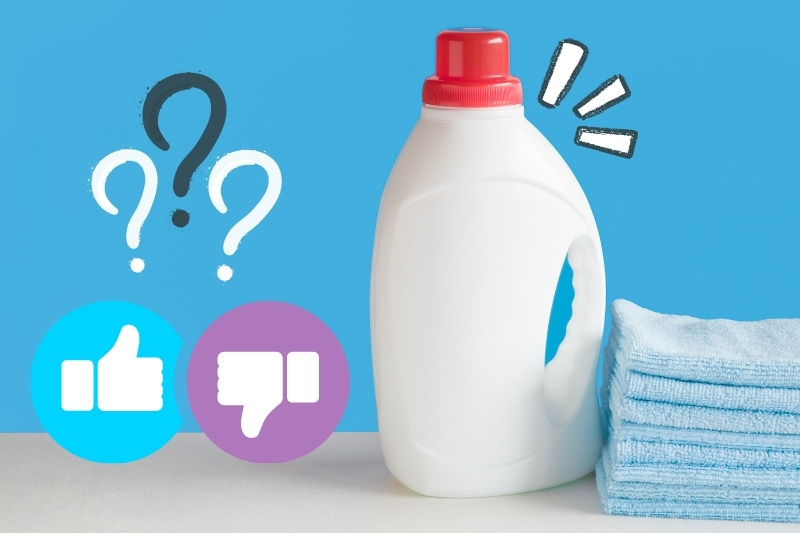
The average UK household does about 260 loads of laundry per year. This means that choosing the right laundry detergent is important not just for the sake of clean clothes but also for the sake of the environment.
Unfortunately, many popular laundry detergents contain harmful chemicals that can damage delicate fabrics and pollute waterways. Fabric softeners are one type of detergent that should be used with caution.
While they may make clothes feel softer, they can also cause environmental damage. Fabric softeners typically contain chemicals known as quats, which can pollute waterways and harm aquatic life. In addition, they can build up on clothing over time and cause skin irritation.
For these reasons, it’s best to use fabric softeners sparingly if you’re environmentally conscious. When it comes to protecting the environment, it’s always better to err on the side of caution.
What Are the Best Alternatives to Fabric Softeners?
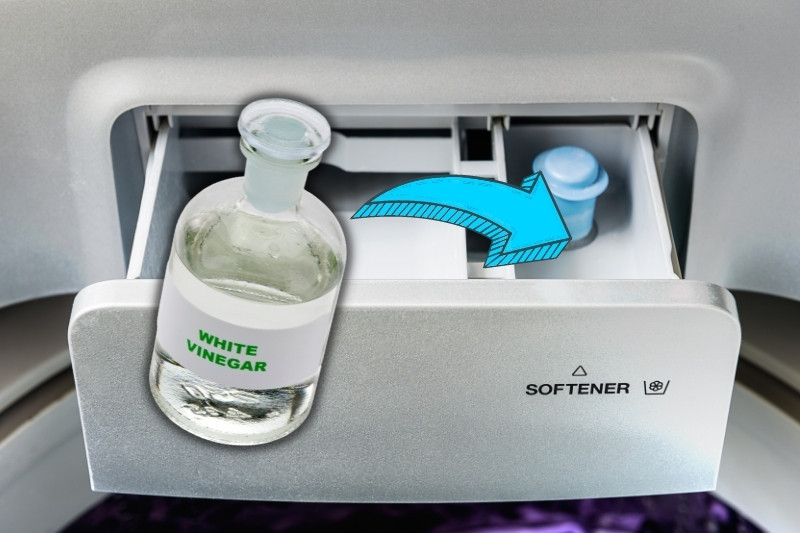
Fabric softeners are designed to make clothes feel softer and smell fresher, but they can be expensive and full of harsh chemicals. Luckily, there are a few simple alternatives that can achieve the same results.
One option is to add a cup of vinegar to the rinse cycle of your washing machine. Vinegar is a natural fabric softener that will leave clothes feeling soft and smelling fresh. Another option is to add a few drops of essential oil to your laundry before washing.
This will not only make your clothes smell great, but the essential oils will also have several other benefits, such as reducing static cling.
Finally, you can simply air dry your clothes instead of using a dryer. Dryers can cause clothes to become stiff and hard, but air drying will leave them feeling soft and natural. So, next time you reach for the fabric softener, try one of these simple alternatives instead.
Should I Use Fabric Softener?
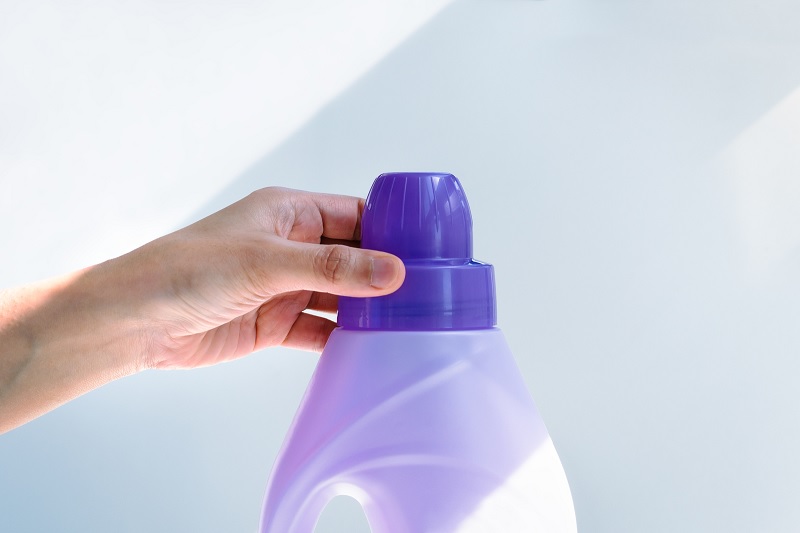
Whether or not to use fabric softener is a personal decision that depends on your laundry needs. Fabric softener can help to reduce static cling, and make clothes feel softer and smell fresher. However, it can also be expensive and some people prefer to avoid chemicals.
If you do choose to use fabric softener, be sure to follow the manufacturer’s directions carefully to avoid damaging your clothes. Experiment with different brands and scents to find the perfect option for you.
Check out our guide to the best fabric softeners in the UK if you’re not sure which to try first.

I’m a mother of three who loves going on fun adventures with my family. With three little ones, I’ve learned the hard way how to keep a busy home clean! I want to share my tips and tricks to make your life as easy as possible.



